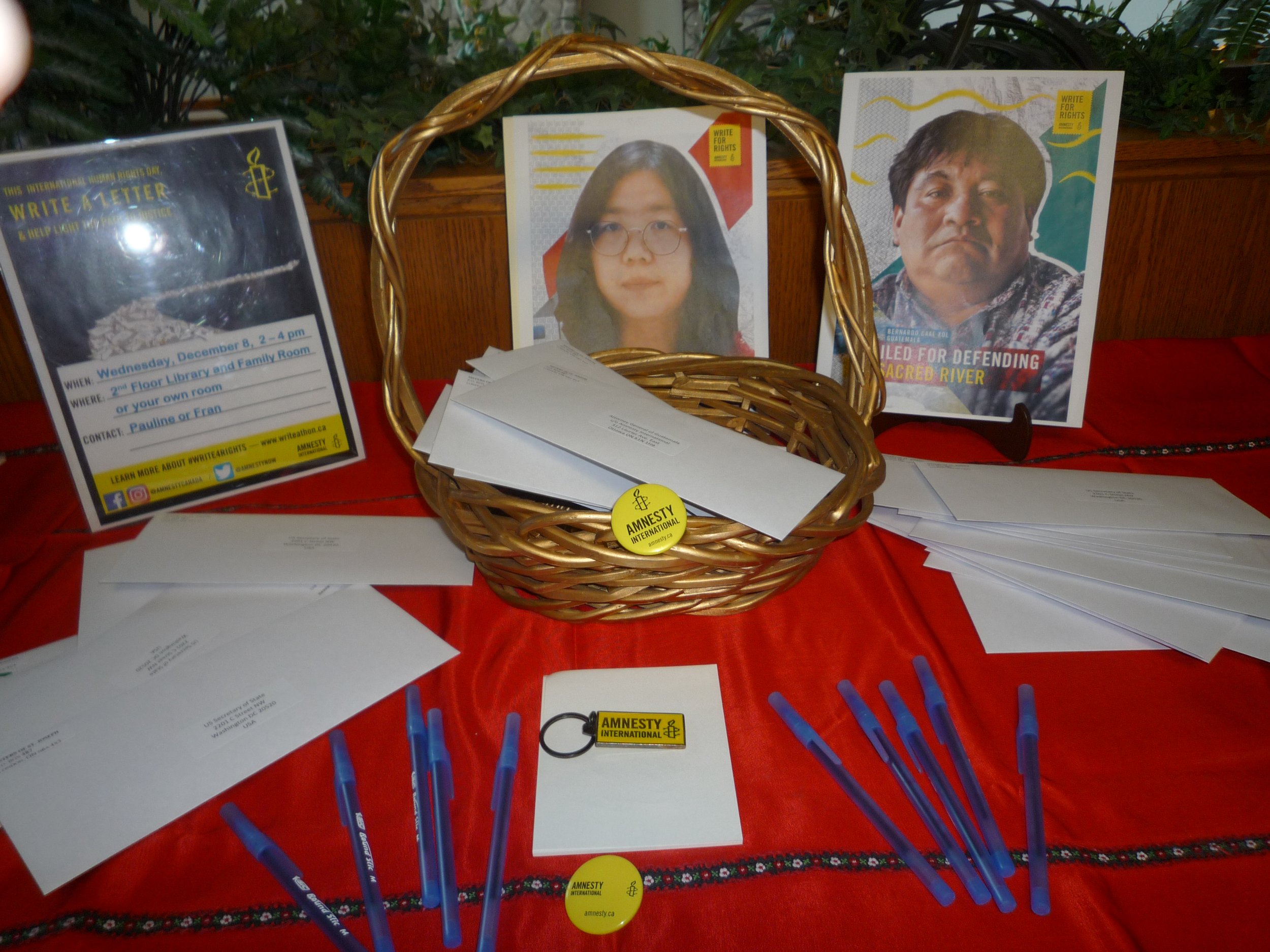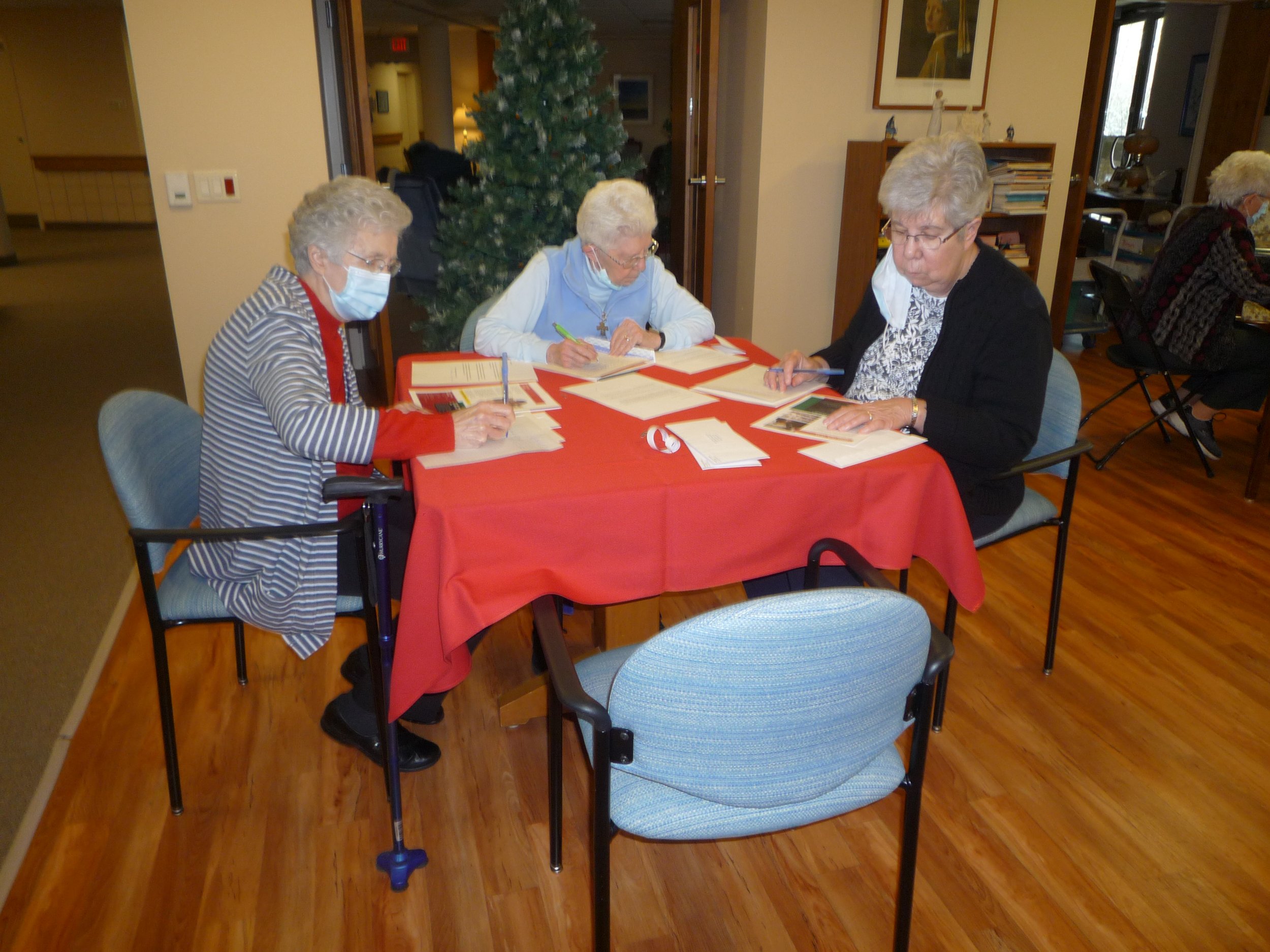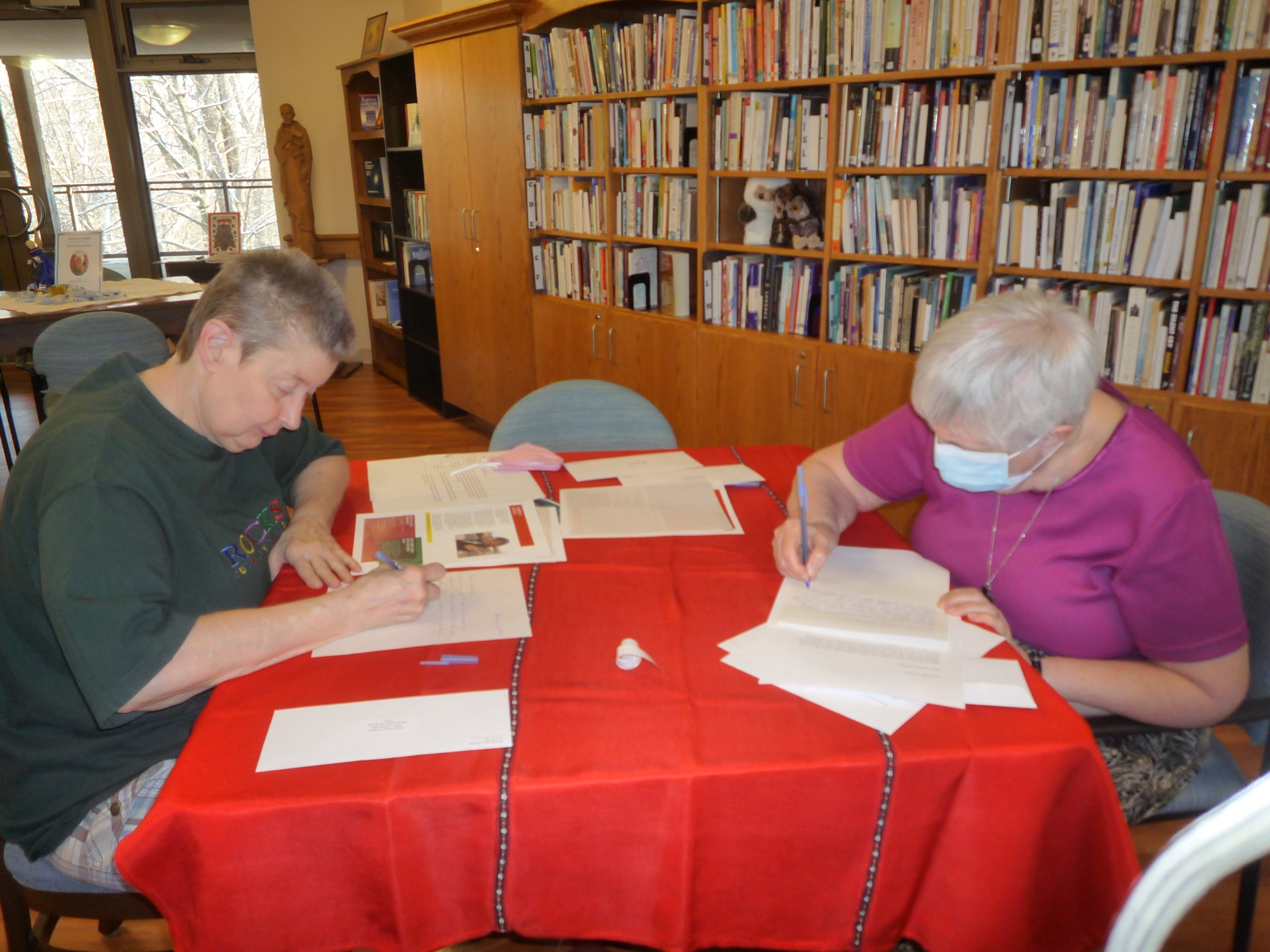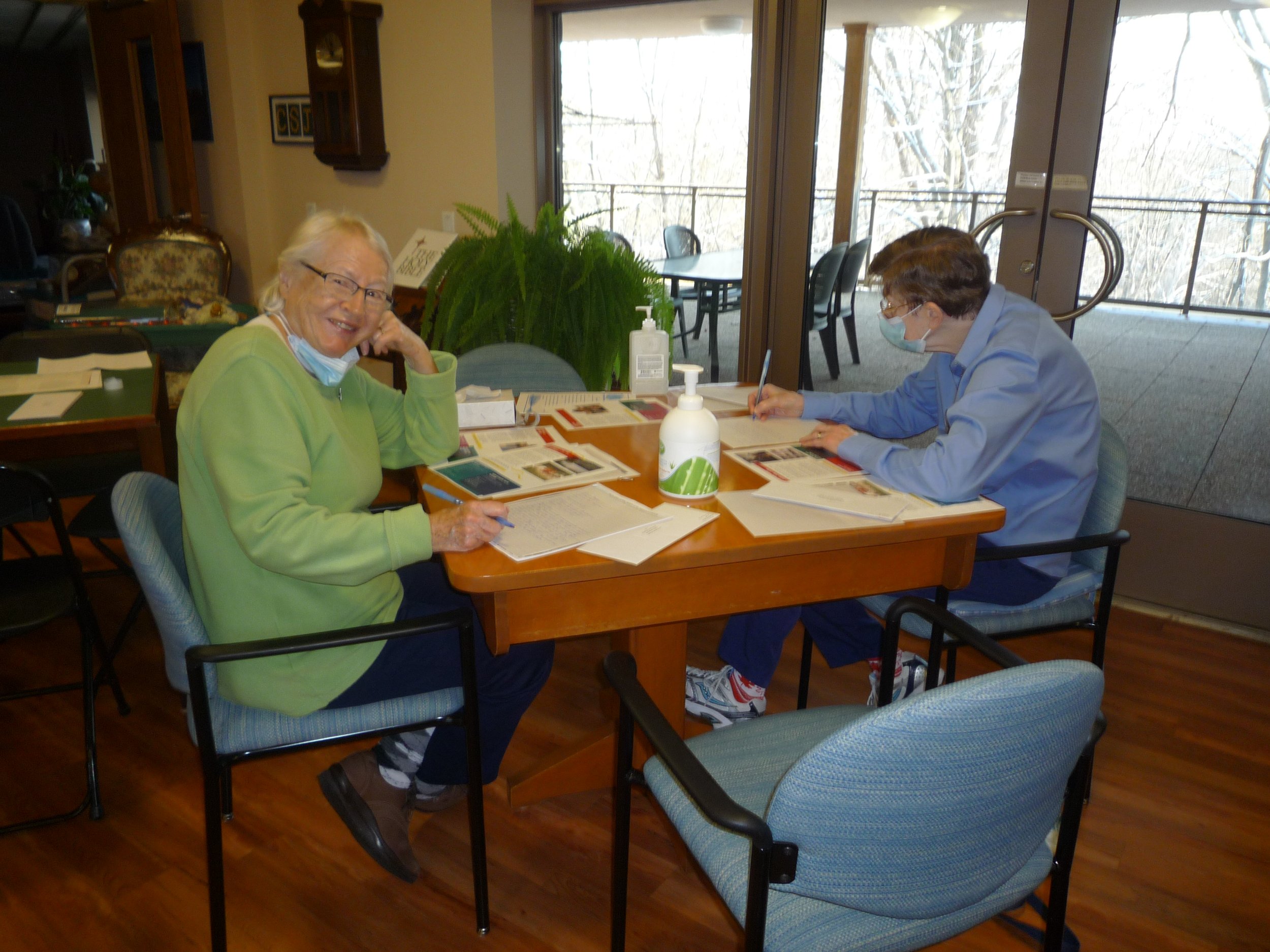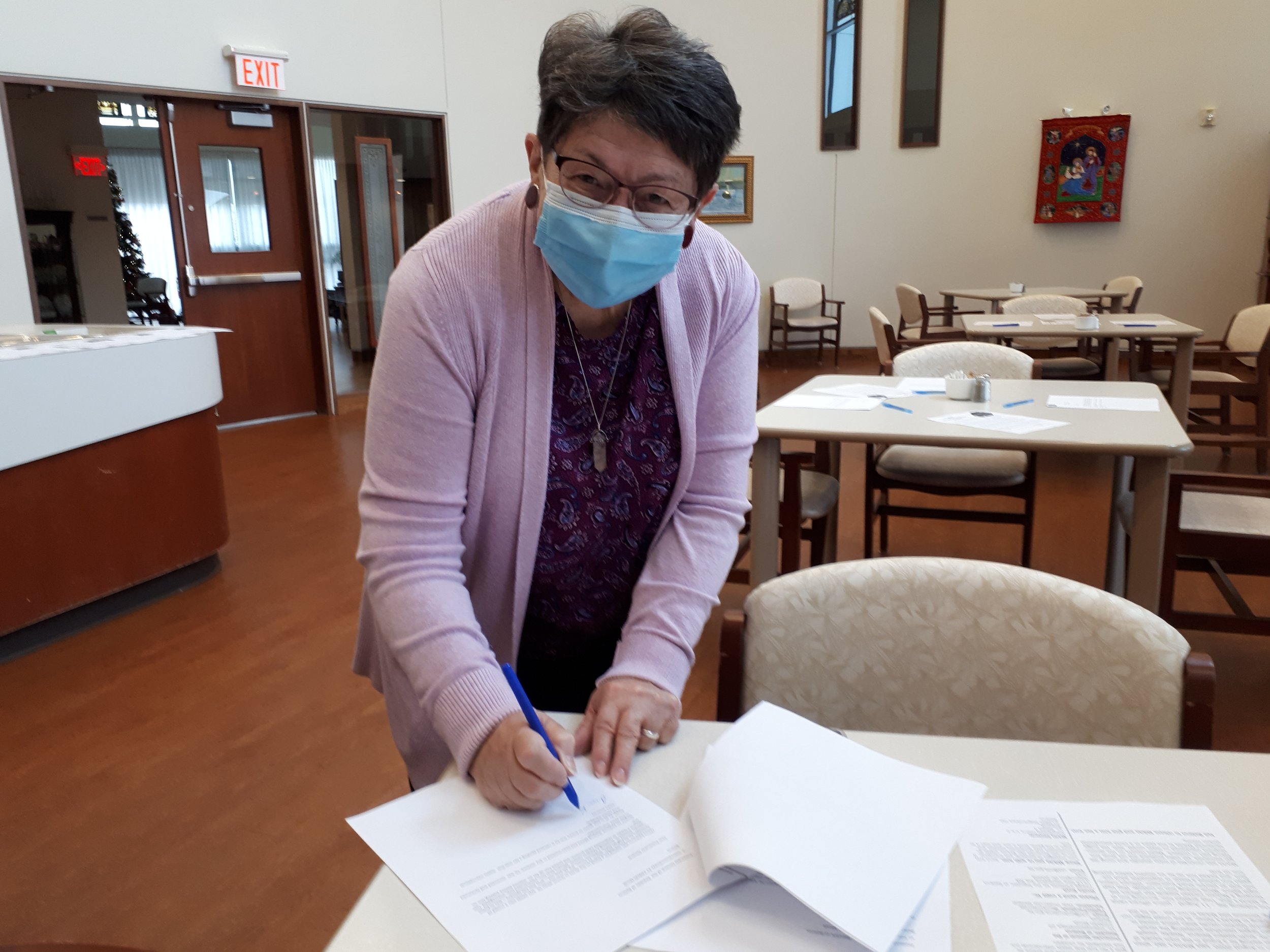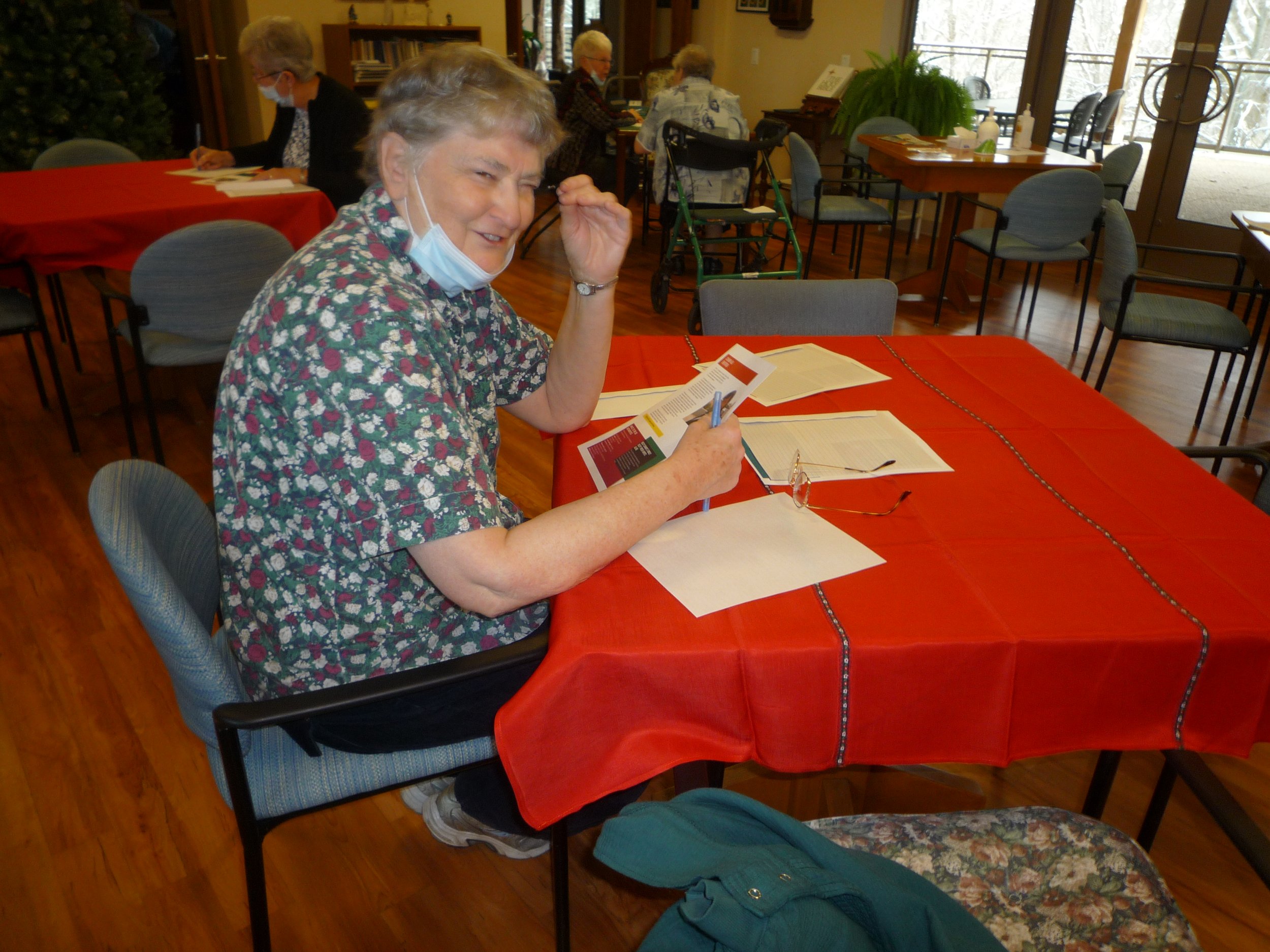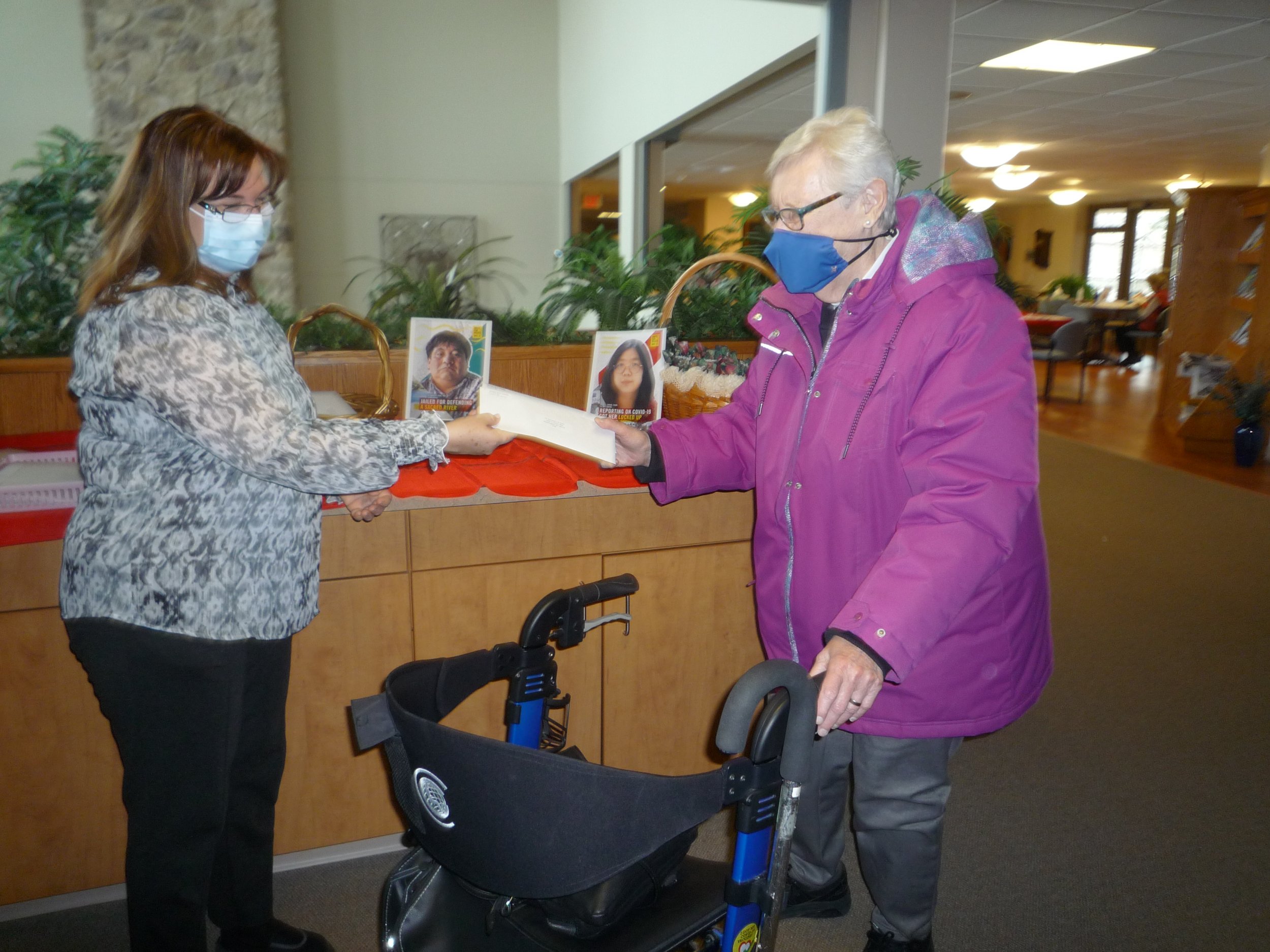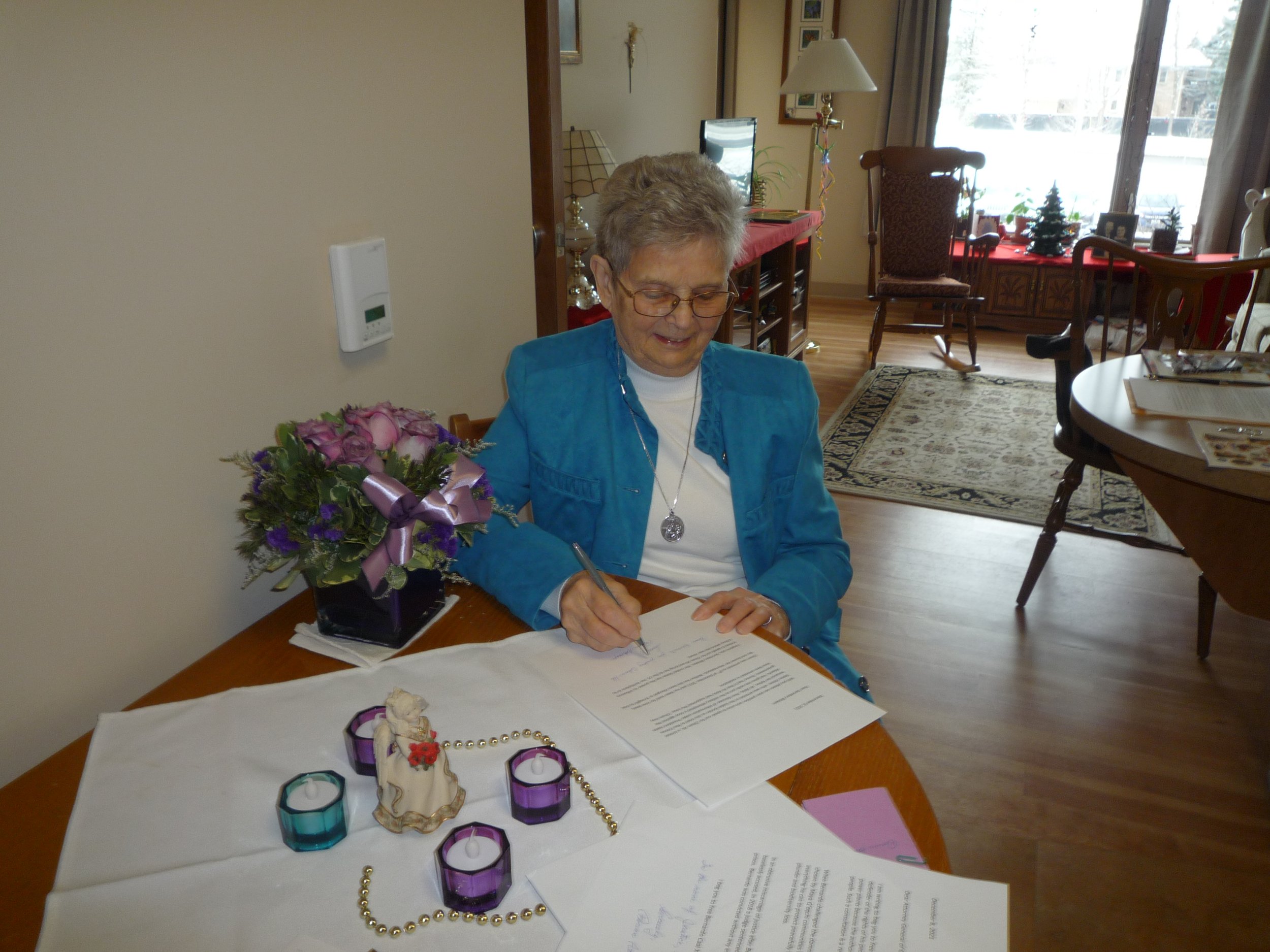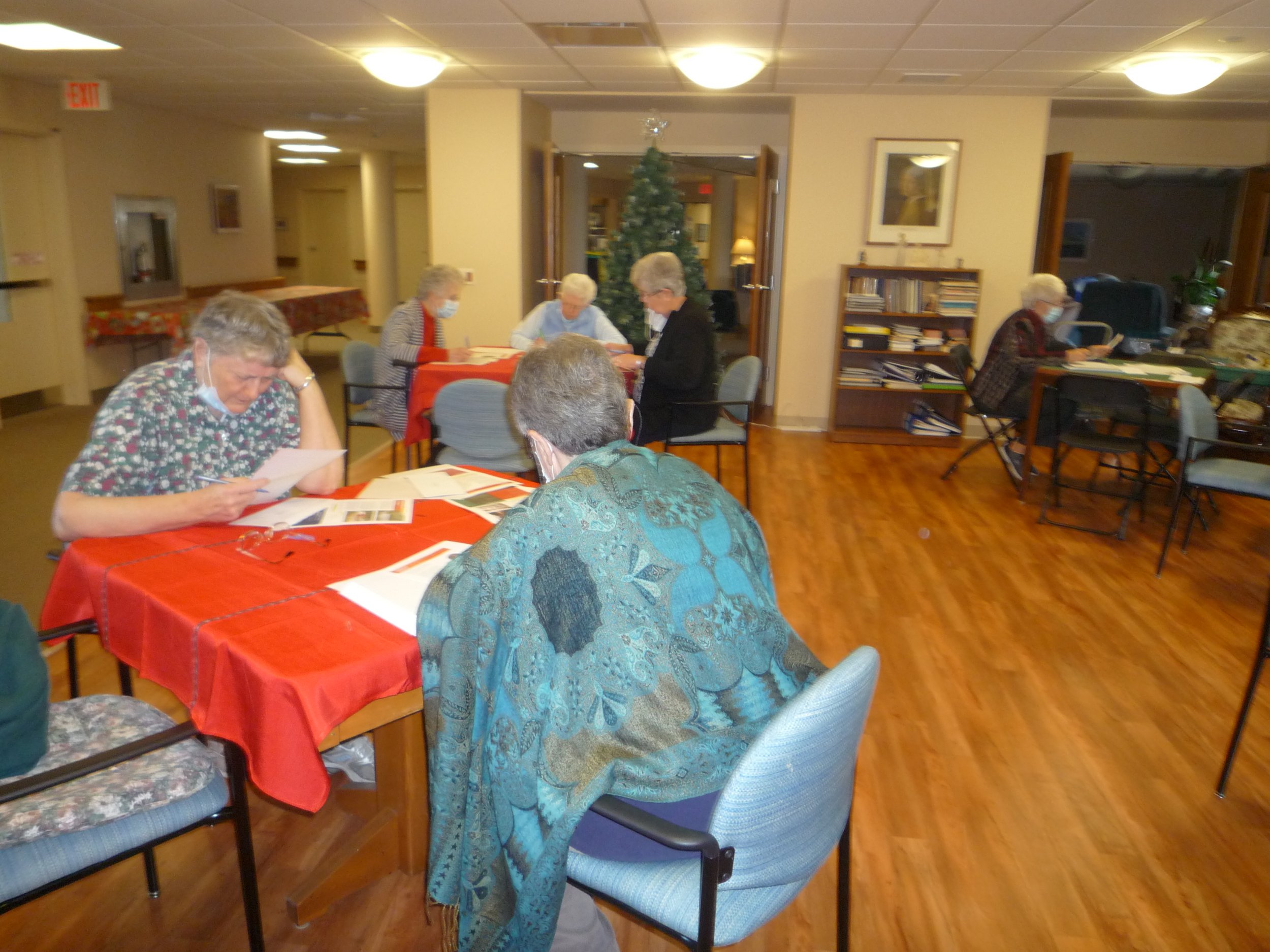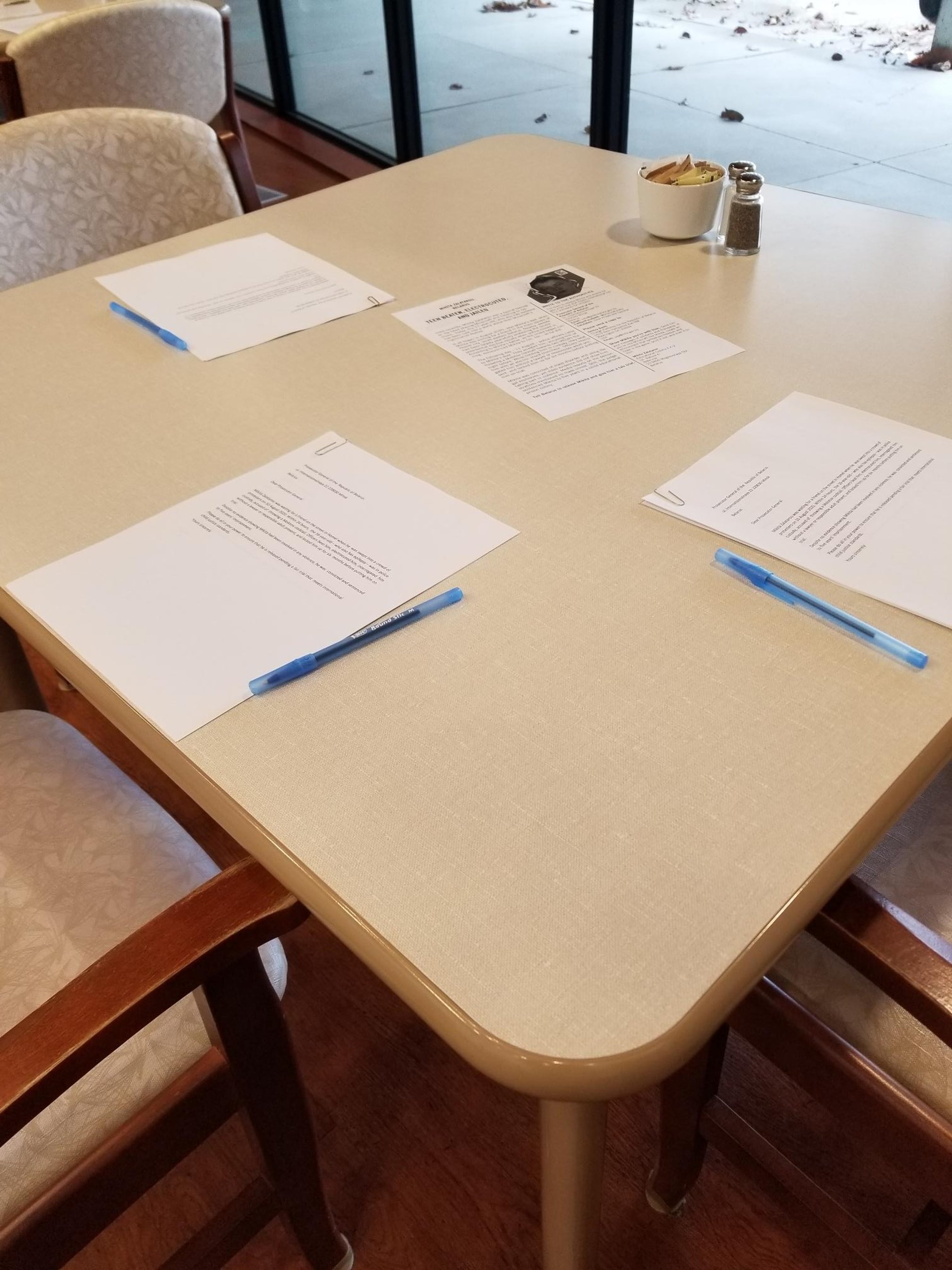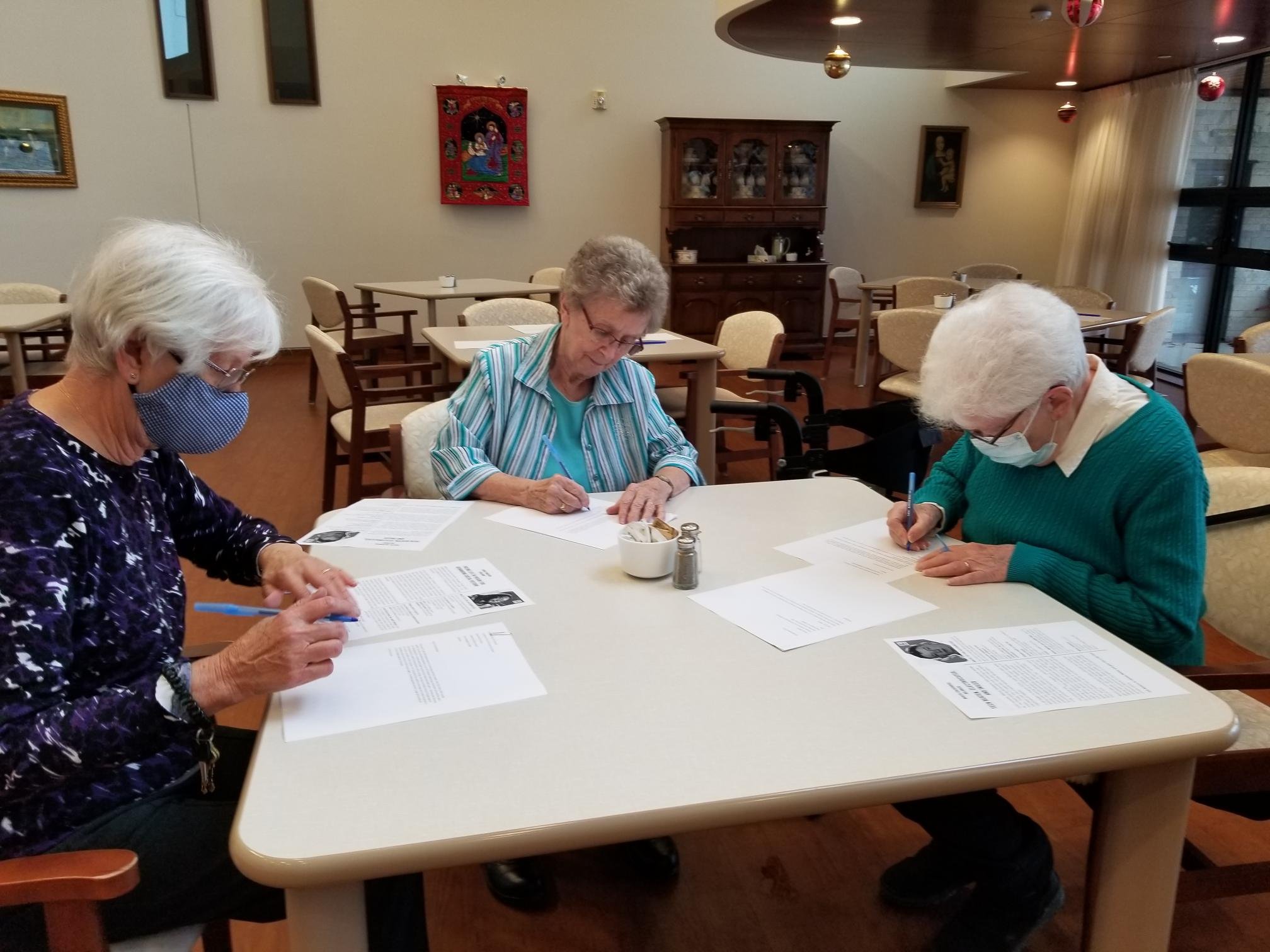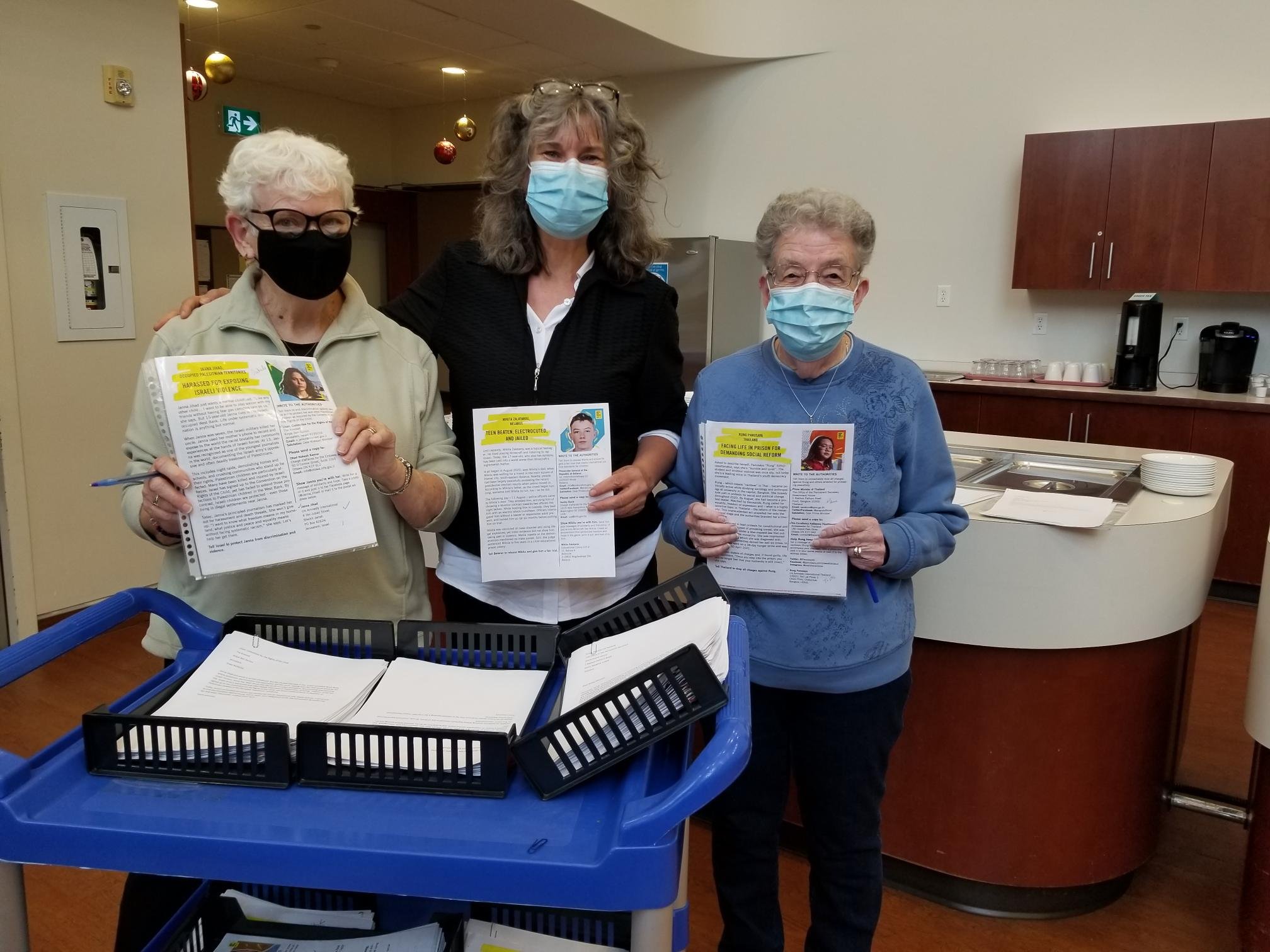As Canada's largest environmental law charity, Ecojustice takes governments and polluters to court; exposes illegal practices; and shapes new laws to meet the urgency of the climate and ecological crises.
Ecojustice uses their legal expertise to take aim at the root causes of environmental harm and protect what we value most - the air, land and water that sustains all life.
For more than 30 years, Ecojustice lawyers have represented grassroots activists, Indigenous communities, environmental organizations, and everyday Canadians — free of charge, thanks to thousands of generous supporters from across the country.
Ecojustice lawyers Fraser Thomson (furthest left) and Danielle Gallant (furthest right) with our clients: seven courageous young people from across Ontario fighting for a safe climate future.
Photo Credit: Emily Chan
The Congregation of the Sisters of St. Joseph proudly supports Ecojustice’s ground-breaking youth-led Charter challenge against the Ontario government for their failure to act on climate change. One of the first cases of its kind in Canada, Mathur et. al. v Ontario builds on a global trend of litigation brought on behalf of young people who will be disproportionally affected by the severe impacts of climate change.
The case made Canadian legal history in 2020 when, for the first time ever, a Canadian court ruled that fundamental rights protected under the Charter can be threatened by climate change and citizens have the ability to challenge a Canadian government’s action on the climate crisis under the highest law in the land.
This September, Ecojustice is heading to court on behalf of seven young Ontarians in a landmark climate lawsuit – marking an unprecedented opportunity to constitutionalize government responsibility for climate action.
You can learn more about this historic case and the seven brave young people who are fighting for a safe climate future on behalf of future generations at #GenClimateAction: Mathur et. al. v. Her Majesty in Right of Ontario (ecojustice.ca).
Our partners at Indigenous Climate Action (ICA) have applied to join the case as intervenors which means they will have the opportunity to present via pro-bono lawyers their own arguments in support of the claims in our case. Indigenous Climate Action is much smaller than Ecojustice but they are mighty. They share our vision of a brighter environmental future for people living today and future generations. Their mission is to inspire action through the development of tools and opportunities created with, by and for our communities, with the goal of uplifting Indigenous voices, sovereignty, and stewardship of the lands and waters for future generations.









